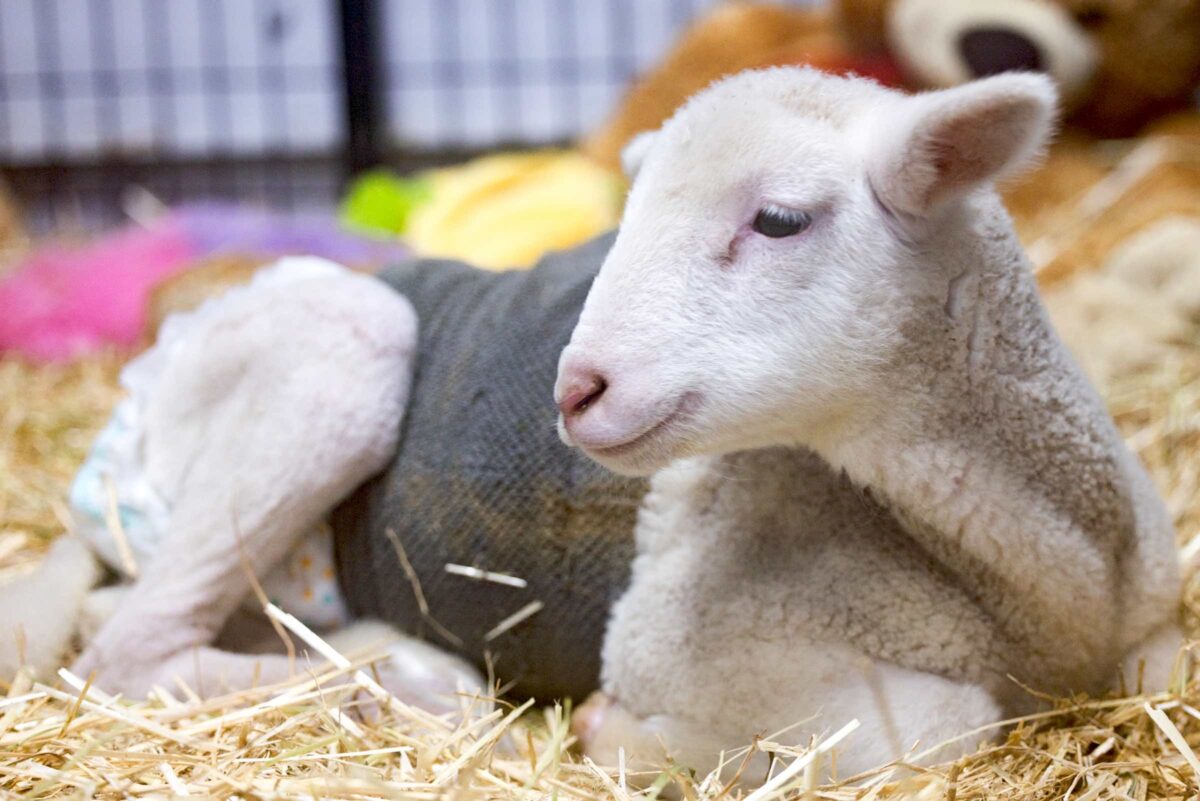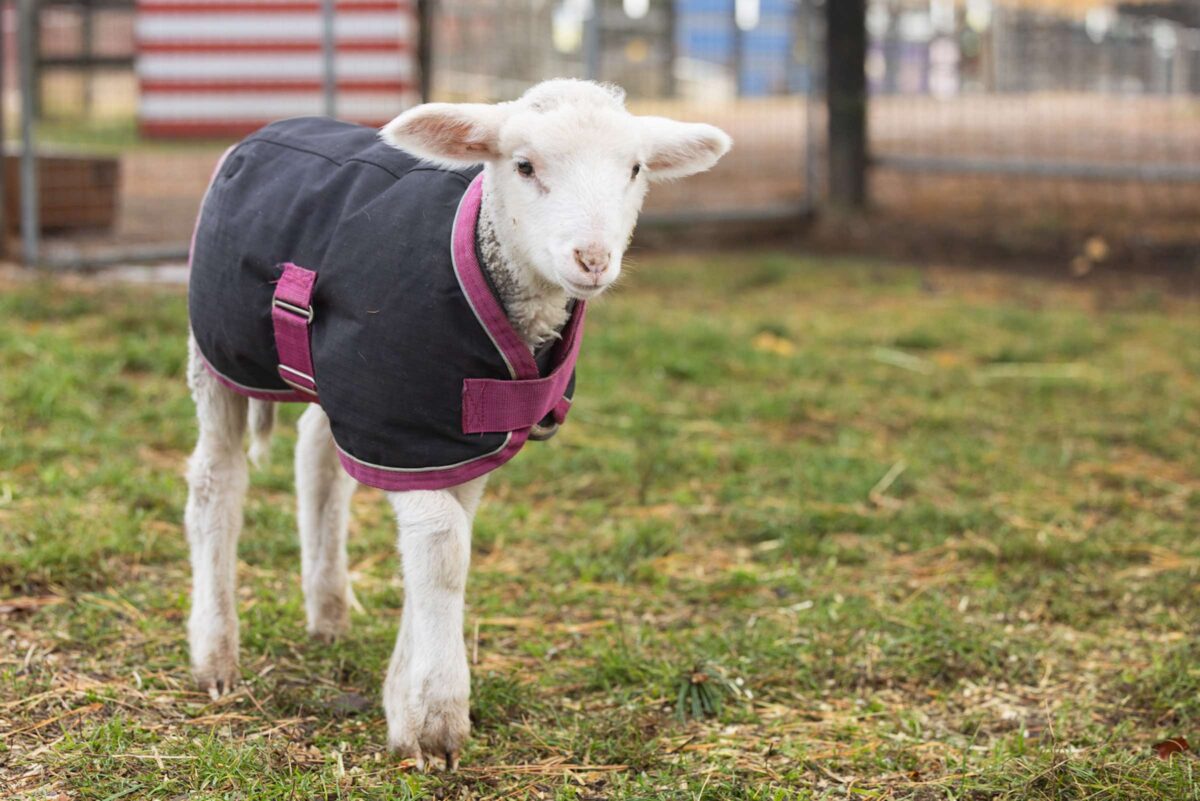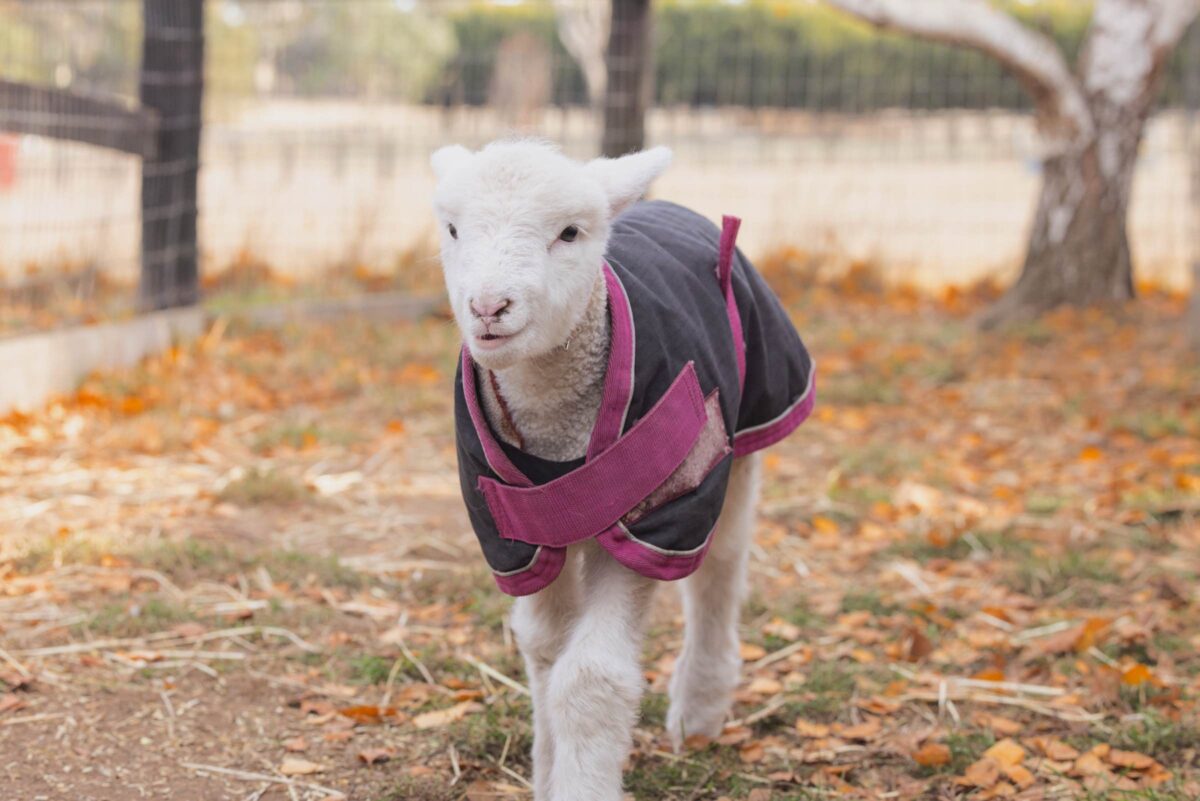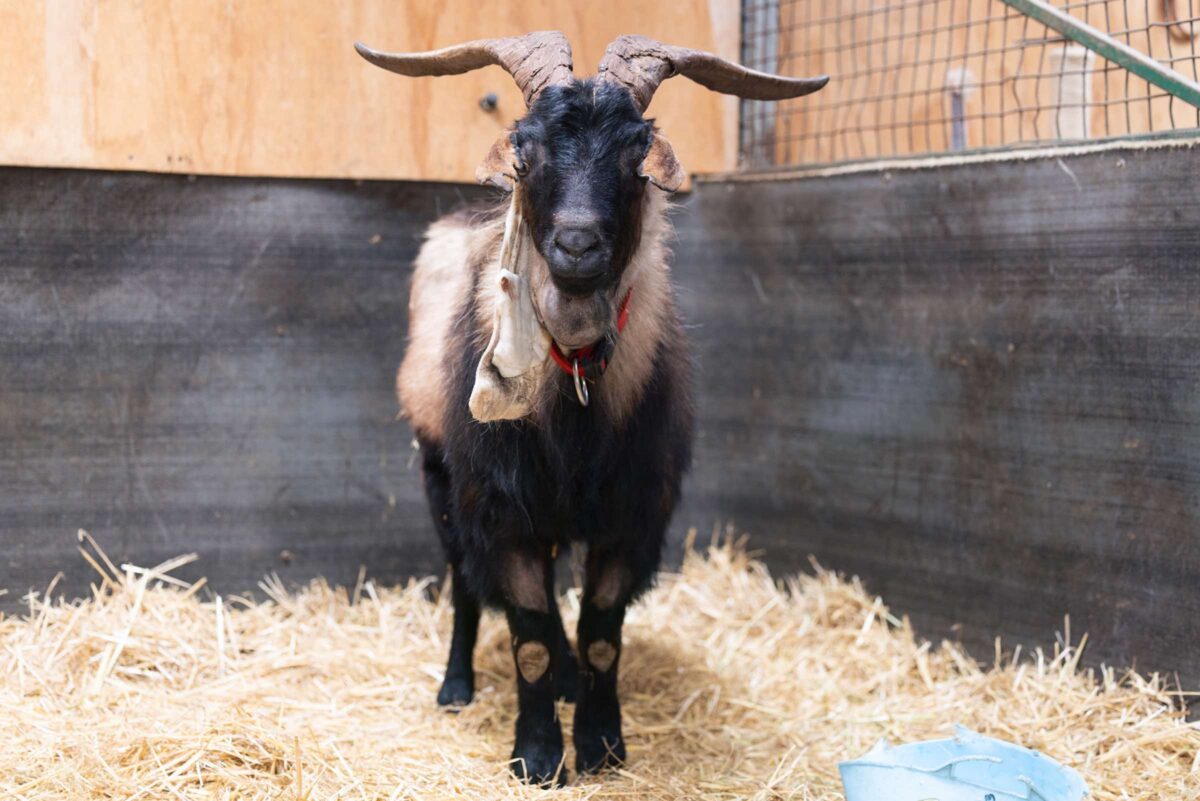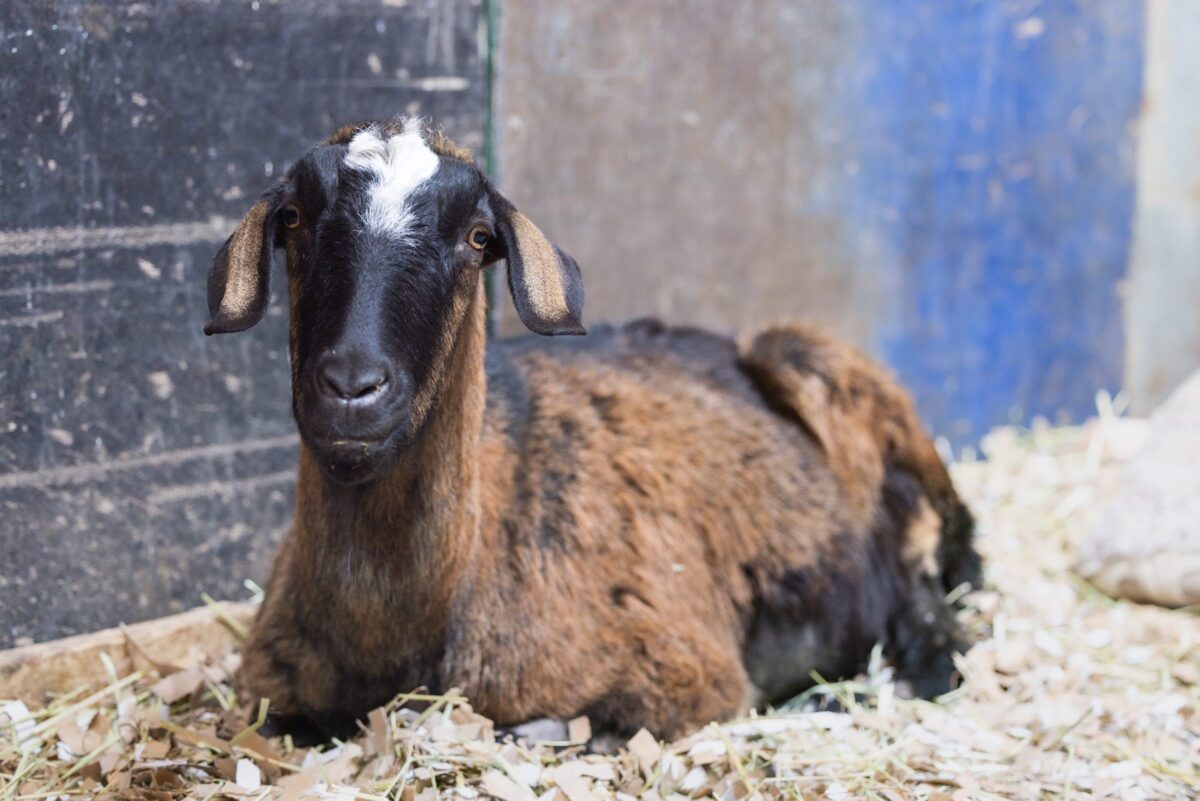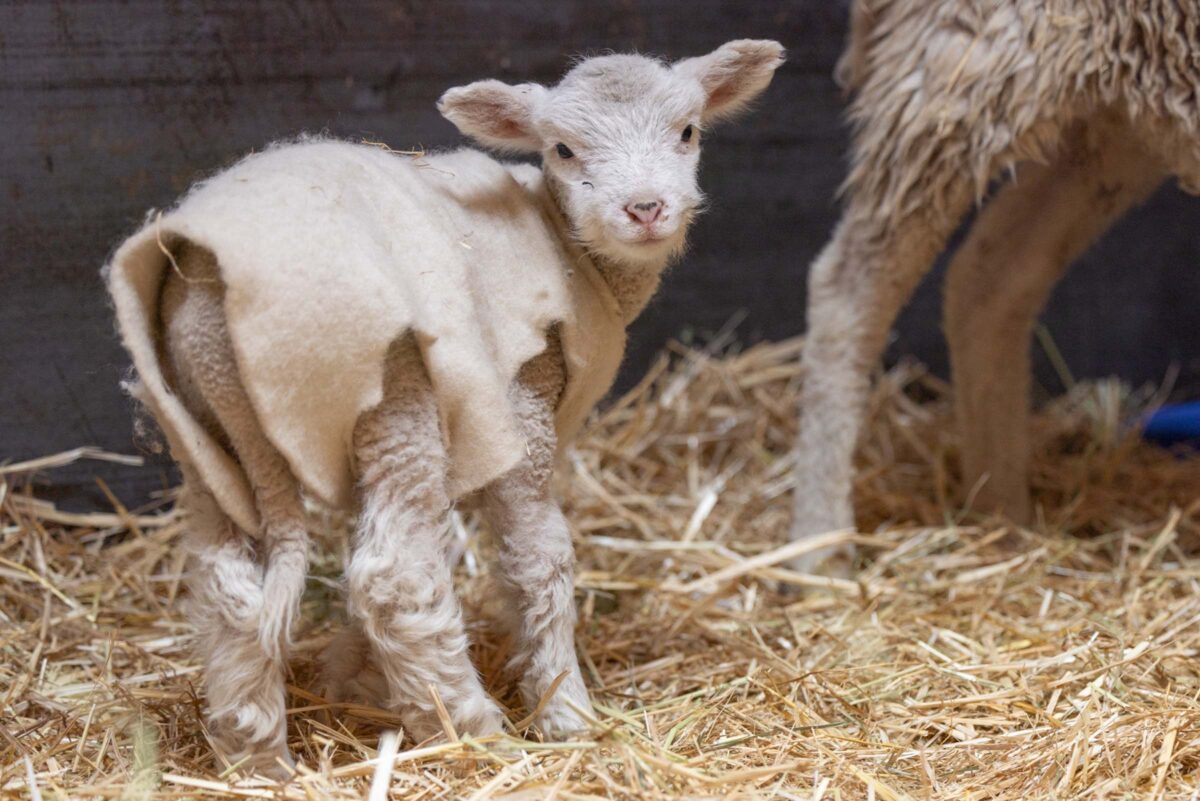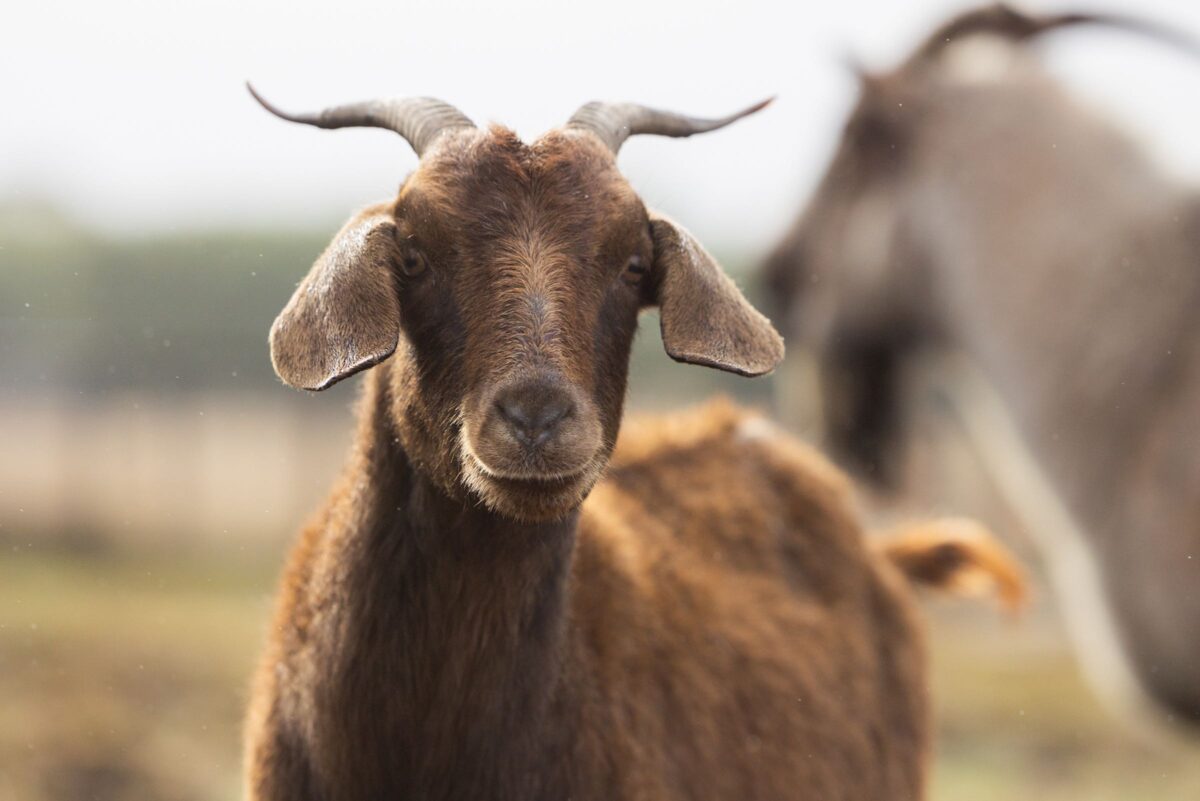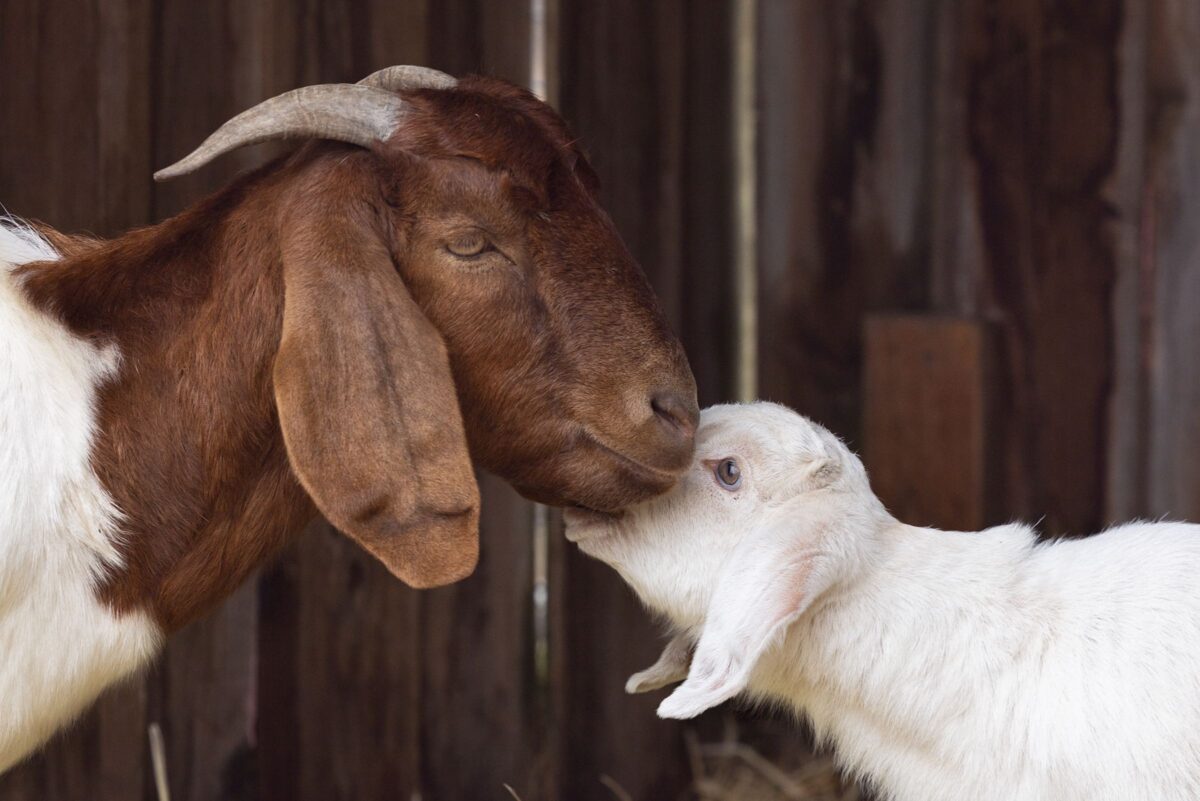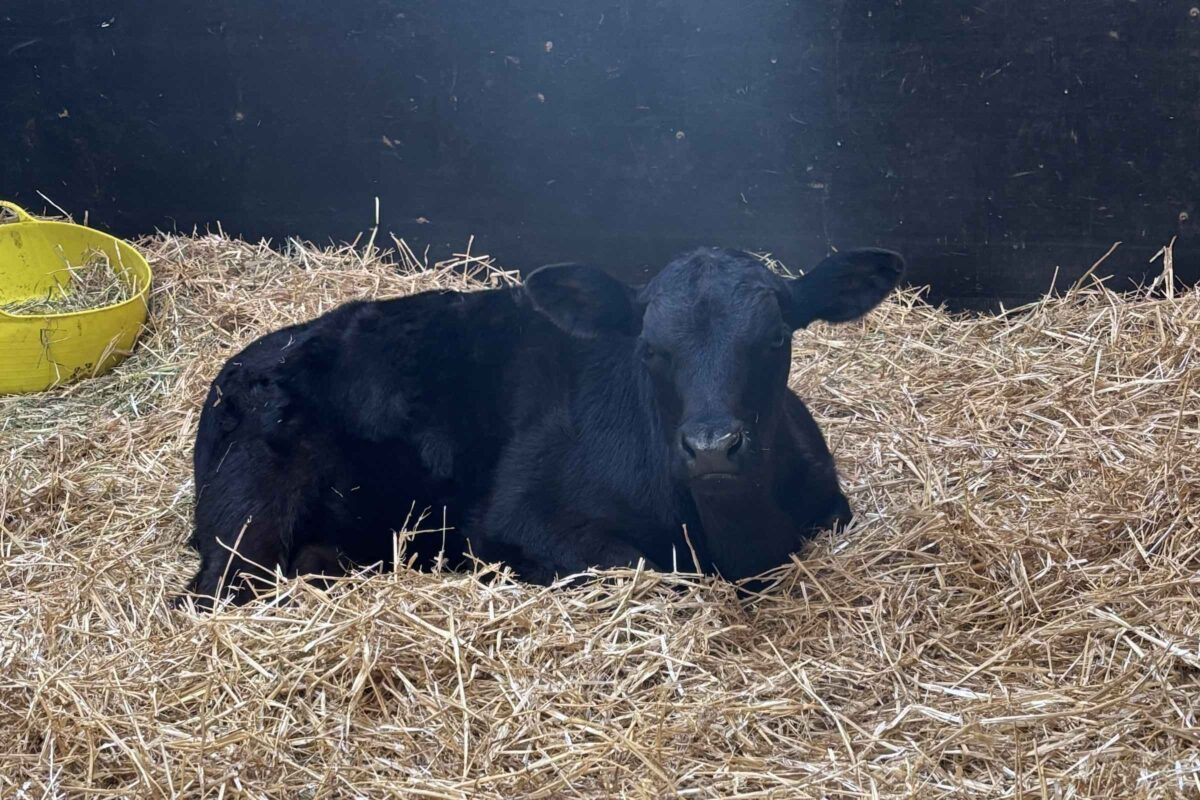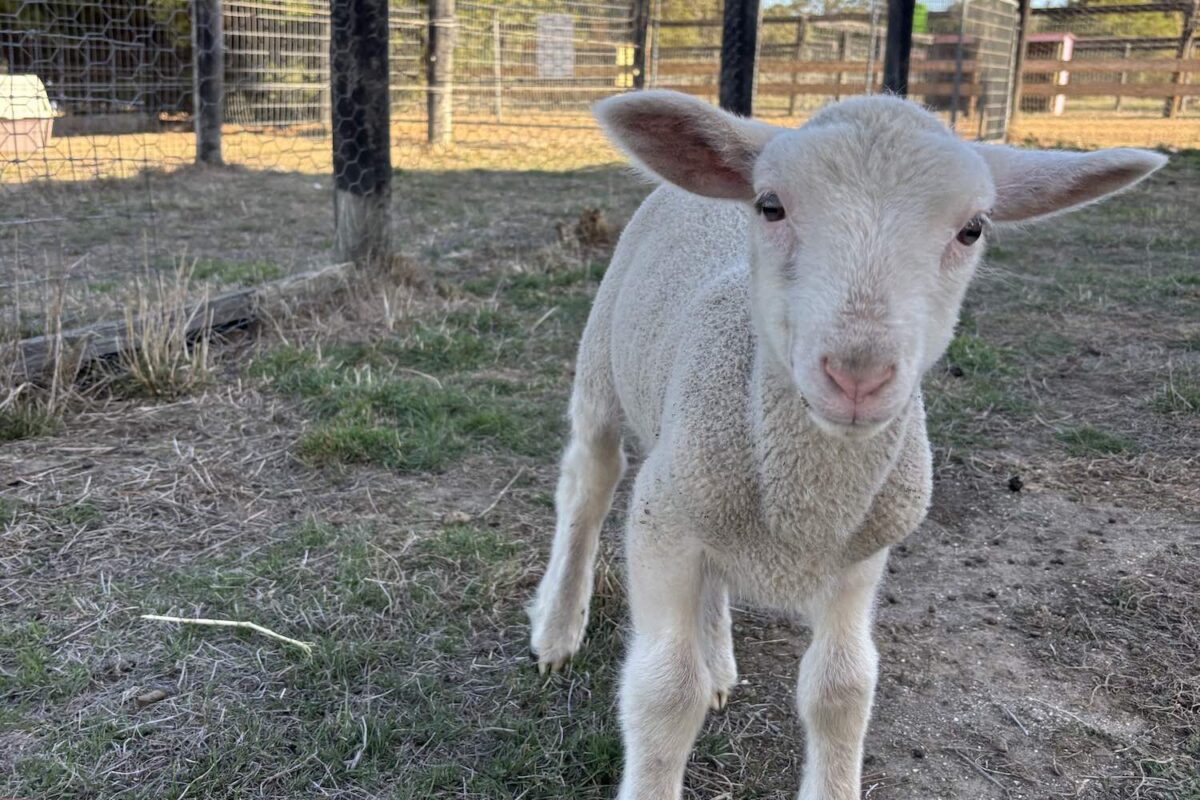

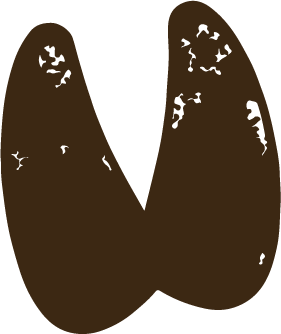
We Mark Their Lives
Marko certainly marked our lives the evening he entered them. Although we may never be sure from where exactly he sprang, one thing we are sure of is that he desperately needed our care and our kindness.
Giving of both in abundance, we slowly coaxed those limp and almost-lifeless limbs of his back to their former glory. But it was to take some time before we were able to plump up his sunken sides and spiny ridged backbone. For it was heart-wrenchingly clear Marko’s life had not been marked by good nutrition or dutiful care.
Marko’s tale is, alas, not an uncommon one for those involved in sanctuary life. For we sit at the frontlines of society’s failing towards these hapless animals: innocent and gentle animals who have unwittingly become caught up in a system that sees them as commodities to be traded for profit and used to satisfy human wants and not the sentient beings with their own intrinsic needs they surely are.
We see the evidence of this in the numerous ways in which these animals are marked. From the label that has been placed upon them that dictates their care (or lack thereof) and kindness (which is so often wanting), that too circumvents our ethical thought; to the legal practices that mark their bodies, including crude ear notching and painful ear tagging, brutal tail docking, bloody mulesing* and castrations delivered without analgesia; to the marks their dead bodies leave in paddocks where they have fallen – unseen and unmourned.
These are marks that say far more about our kind than they do theirs.

Yet Marko’s ability to joyously turn his life around reminds us that we can too. And we can do this best when we live our lives in happiness, and in peace and in service to others, marking their lives with the gentle magic of our kindness.
*Mulesing is a legal procedure whereby folds of skin are cut from the backside and tail area of fully conscious sheep. This would be an illegal act if the animal were a cat or a dog.

